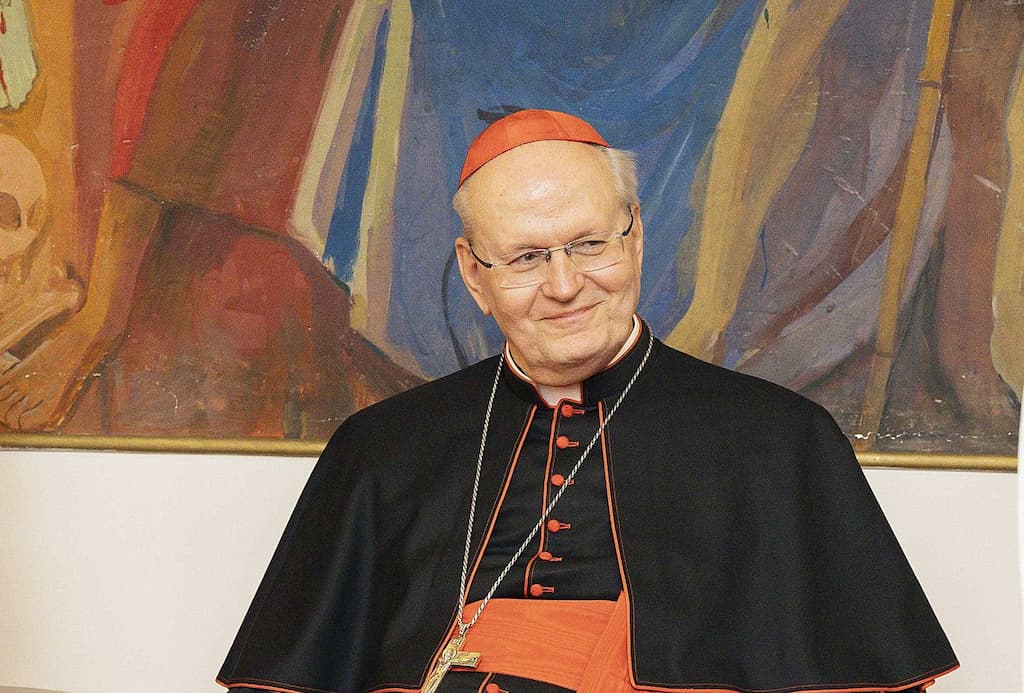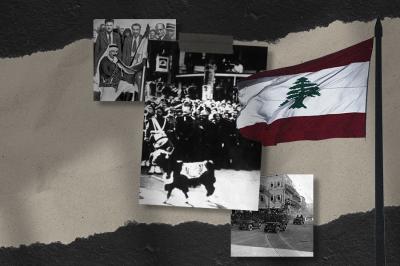Hungarian Cardinal Peter Erdö, 72, a prominent figure in European Catholicism, is considered a serious papabile in the event of Pope Francis’s succession. As Archbishop of Budapest and Primate of Hungary, he represents a conservative line but enjoys broad respect, including among moderates close to the current pope.
Background and Education
· Born in Budapest on June 25, 1952, the eldest of six children, in a deeply religious family.
· Marked by the Soviet repression of 1956 and religious oppression, he developed strong anti-communist views aligned with John Paul II.
· Ordained as a priest in 1975; earned two doctorates in Rome (Theology and Canon Law).
· Taught at several Catholic universities in Hungary, Rome, and Buenos Aires.
· Appointed bishop in 2000, archbishop of Budapest in 2003, and cardinal the same year.
· In 2006, became president of the Council of European Bishops’ Conferences, a role held until 2013.
Languages and Networks
· Erdö speaks six languages (Hungarian, French, English, Italian, Spanish, German).
· Built an influential network within the Church through his roles in Rome (synods, curial commissions).
Positions and Ideas
· Advocate of the public role of faith, opposed to secularism.
· Strongly supports traditional views on marriage and family.
· Against uncontrolled immigration, which he links to loss of sovereignty and threats to public order.
· Has always avoided open conflict with Pope Francis, despite his conservative stance.
Recognized Strengths
· A rigorous intellectual, synthesizer, and capable administrator.
· Maintained strong priestly vocations in his diocese.
· Respected for his balanced nature and sense of consensus, rare among conservatives.
Weaknesses
· His election would represent a break from Francis’s papacy, which some cardinals fear.
· Perceived closeness to Viktor Orbán’s Hungary may be politically damaging.
· Lacks charisma and is considered cold and shy—potential liabilities for such a public role, though similar concerns were raised about Benedict XVI before his election.
Please post your comments on:
[email protected]
 Politics
Politics







